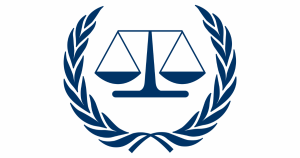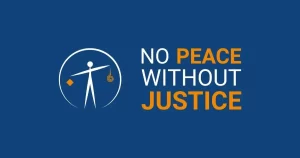Today, on 9 December, the International Day of Commemoration and Dignity of the Victims of the Crime of Genocide and the Prevention of this Crime marks the adoption of the Genocide Convention. Seventy-three-years ago, the General Assembly of the United Nations declared that genocide is a crime under international law. Through the Genocide Convention, an expression of humanity and the world’s first modern human rights treaty, member States have pledged to prevent, punish and -by extension- not commit genocide.
To prevent genocide and genocidal conflicts, it is crucial to understand that the main root cause is identity-based, in an intense hatred for a group of people, a belief they are somehow “less than” or some similar driving motivation. This crime tends to occur in societies and communities with diverse national, racial, ethnic, or religious groups that are involved in conflicts related to the identity of their people. This type of conflict is fueled by discrimination, hate speech that incites violence and other human rights violations.
The first step towards redress for victims and survivors begins with the recognition and acknowledgement that their suffering is not the result of a natural calamity but is the result of a deliberate and planned policy to destroy, in whole or in part, protected groups. Behind this is the very simple recognition of human beings themselves, in particular their identity as part of a group of people with a right to name themselves and express themselves as part of that group.
Two years ago, The Gambia commenced historic legal proceedings at the International Court of Justice (ICJ) alleging Myanmar’s violation of the Convention for genocide committed against the Rohingya. The Gambia has been supported and joined in the case by Bangladesh, Canada, and the Netherlands, alongside members of the Organisation of Islamic Cooperation on whose behalf The Gambia is also acting.
The ICJ deals with inter-State disputes or acts on a request for an advisory opinion from a body authorized to do so, like the UN General Assembly. As such, ICJ decisions are only binding on States, not on individuals. Nevertheless, it is not the only pathway through which justice is being sought. In fact, there are also cases before the International Criminal Court for allegations of forced displacement of Rohingya from Myanmar into Bangladesh, an ICC State Party, and before the national courts of Argentina.
We encourage the institutions charged with delivering justice to engage with victims of genocide, to explain how they carry out their work and, above all, to listen to the needs and expectations of victims and their communities as partners in achieving a more just world. We also urge Myanmar to comply fully with the provisional orders handed down in the ICJ case, in particular to refrain from committing genocide and to punish those who do, as well as to submit timely reports on progress to that end.
We will continue to promote the rights of victims to access to justice and to reparation. We will continue to support the International Criminal Court, the International Court of Justice and any national court that genuinely investigates and prosecutes the most serious crimes of international concern.
For further information, please contact Alison Smith, Director of International Justice, on asmith@npwj.org or Nicola Giovannini, Press & Public Affairs Coordinator on ngiovannini@npwj.org.




